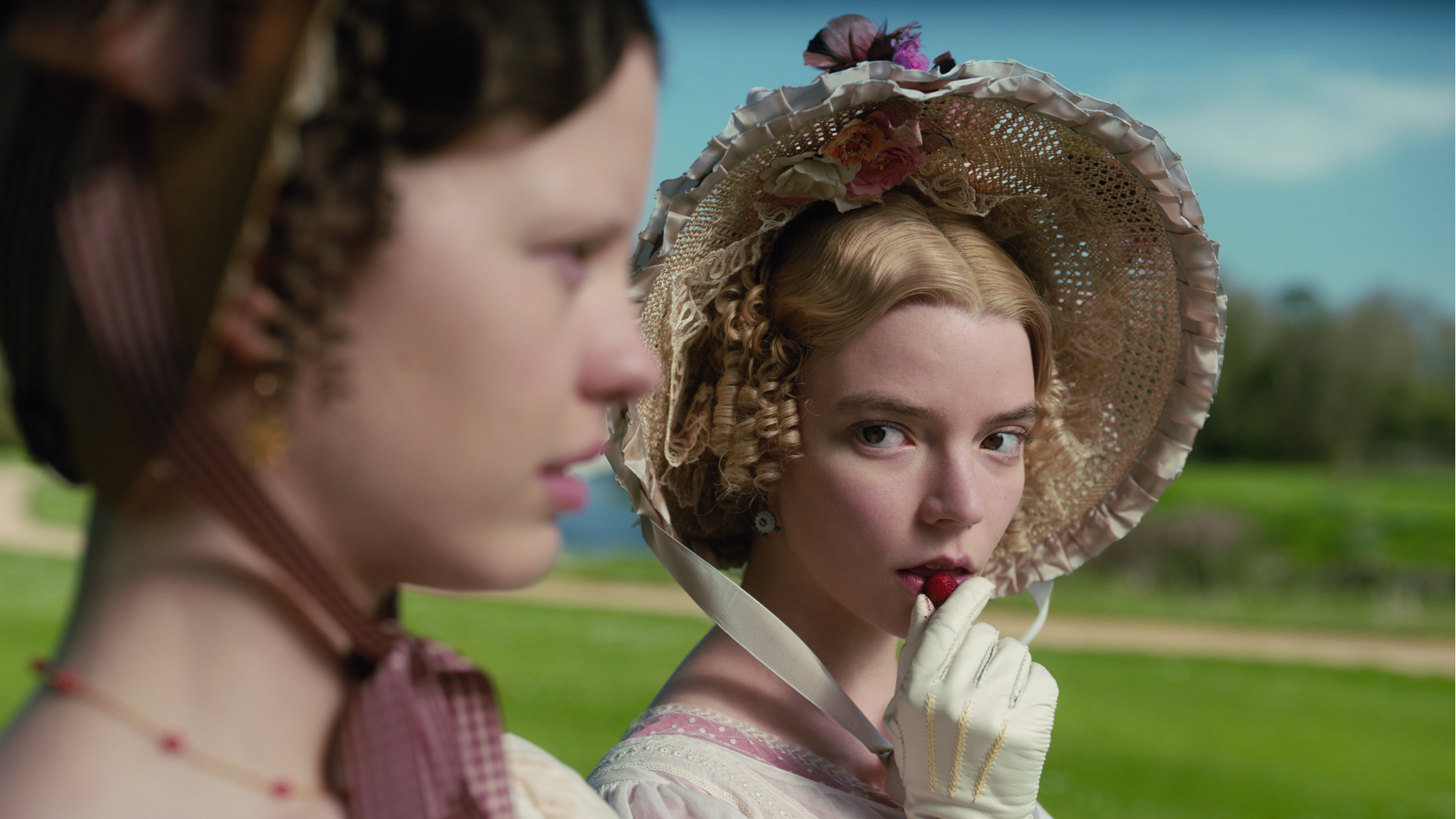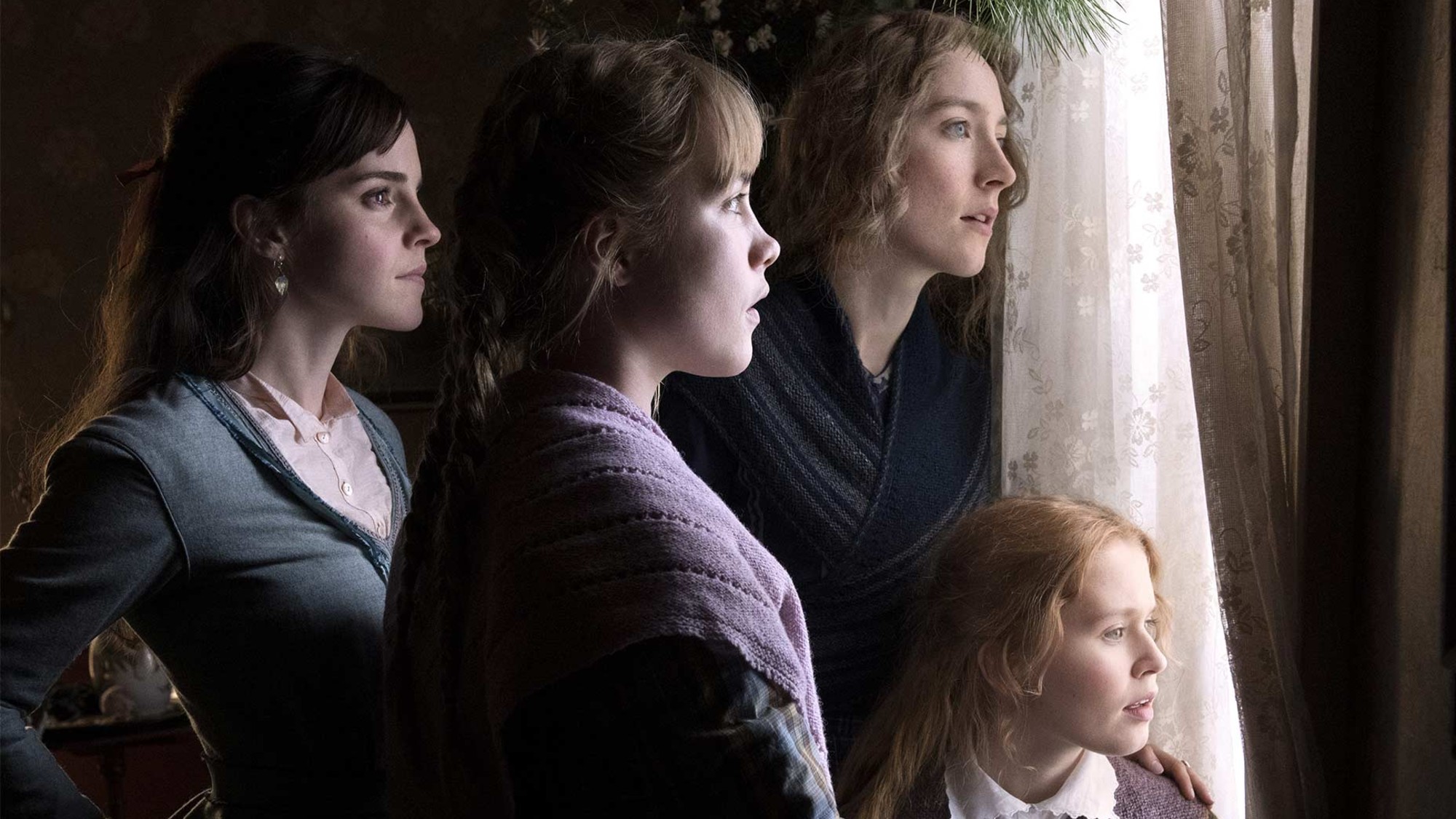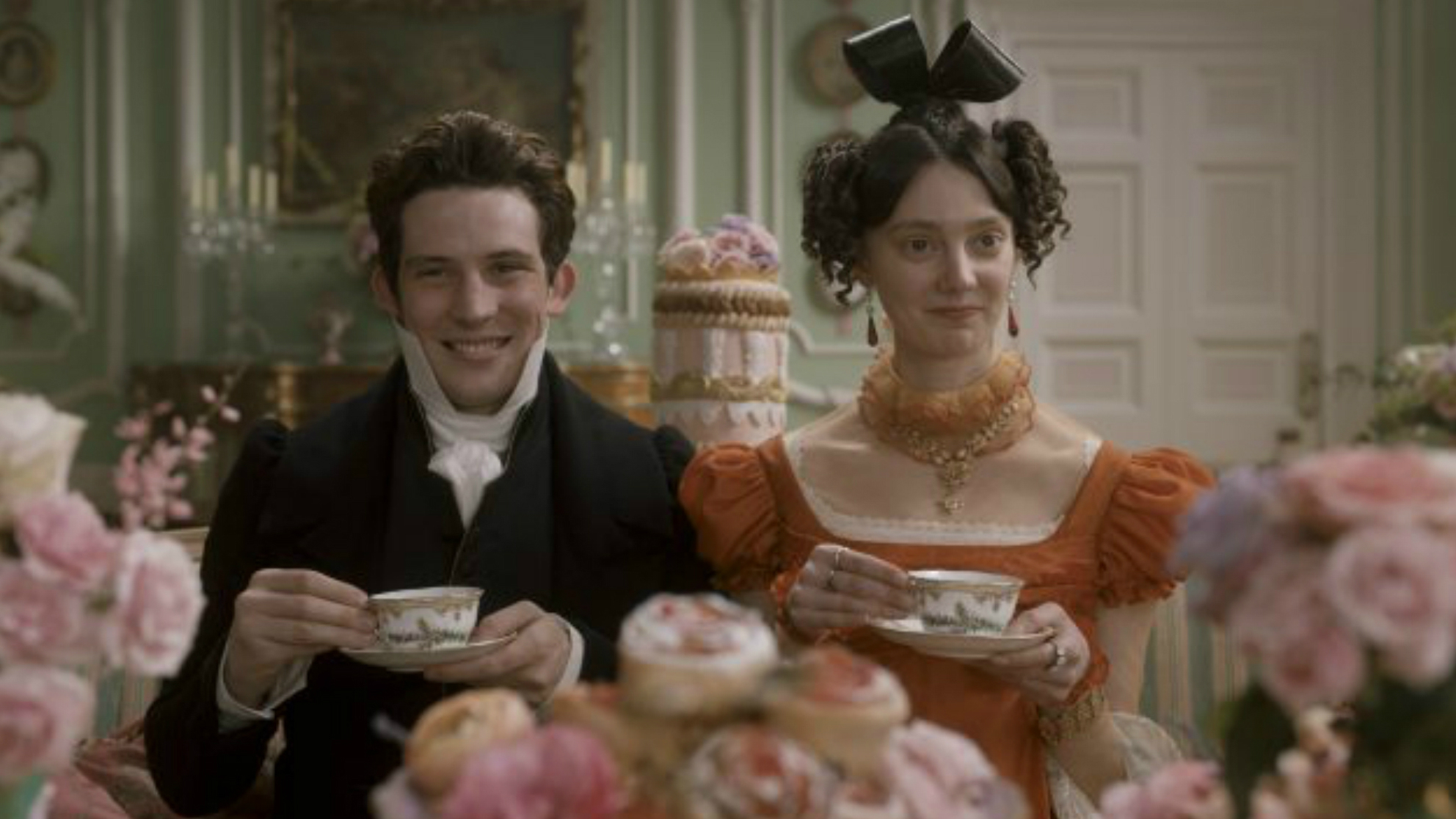Why watching your favourite period dramas is good for your mental health
During a difficult year, Lizzy Dening found solace in the cinema with Emma, David Copperfield and Little Women. Here's why a watch of your favourite period dramas might prove a mental health boost this very different kind of Christmas break.


Celebrity news, beauty, fashion advice, and fascinating features, delivered straight to your inbox!
You are now subscribed
Your newsletter sign-up was successful
During a difficult year, Lizzy Dening found solace in the cinema with Emma, David Copperfield and Little Women. Here's why a watch of your favourite period dramas might prove a mental health boost this very different kind of Christmas break.
I’m not a big fan of period dramas. Or at least, not usually. In fact, a few months ago, faced with trailers for Emma, Little Women, and David Copperfield adaptations, I rolled my eyes. ‘Why can’t people find new stories?’ I almost certainly lamented. While I still feel that the film industry could do with taking a few risks on new concepts, something happened over the last month that made me understand the period-drama-loving public a little better. I got depressed.
Various things had led to this state of play: a change in medication; exhaustion; some harrowing interviews for articles and a heart-breaking new role doling out tinned peas to families at a local food bank. Overnight, I became an introvert. I started stripping things back – I only had energy for essential things (deadlines; commitments that couldn’t be cancelled). Everything seemed too much – even beloved hobbies and friendships – and the only thing I actually wanted to do was sit in cinema darkness, in the company of characters from simpler times.

'Watching a buttoned-up society felt relatable'
This is not in any way to belittle these films. Little Women, Emma and The Personal History of David Copperfield are all well-crafted, original, and feature some incredible talent. It just feels weird that there’s a direct correlation between bonnet number, and an increased ability to deal with the world.
Perhaps it’s the sense of human history (albeit fictional ones with the edges taken off) – that people have always had worries, flaws and disagreeable family members. There have always been horrific inequalities of wealth and status; things have always been, to varying degrees, shit for women. And yet, despite it all, these are (mostly) stories of happiness. Of heroes who overcome their limitations and circumstances to gain independence, romance or careers. Or at the very least, some seriously gorgeous property.
Watching a buttoned-up society has felt relatable. Depression can feel like a badly-fitted corset, and left me inarticulate and breathless. It’s been easy to identify with characters who are forced to disguise their true feelings in public, and bite their tongues. Even in a world accepting of mental health issues, I haven’t felt able to cry until the cinema lights are down.

Perhaps it’s the sense of rules and order, of a simpler system, with fewer choices. While this is – especially for a feminist – in no way aspirational, in the midst of depression the myriad of day-to-day decisions can feel exhausting. There’s something almost appealing about the idea of knowing exactly what was expected of you. (Although I know I will read this back when I’m well and recoil in horror at the suggestion.)
Celebrity news, beauty, fashion advice, and fascinating features, delivered straight to your inbox!
'I'm a Jo at my best; an Amy at my worst'
In full health, I’m constantly packing my days with activities. Now, I’ve found myself withdrawn and keen to back out of plans. Watching the slow lives of characters in a world without tech has suddenly taken on an appeal. I aspire to a peaceful evening spent darning or tinkling on a piano forte, instead of struggling through a jammed inbox or fielding WhatsApp invitations.
I’m usually a Jo at my best; an Amy at my worst, but now I find myself relating to poor, tragic Beth. Hers is a small existence – music, kittens, overlooking her outgoing sisters and keeping the hearth warm for their return. I confess, it’s a lifestyle I’ve previously been judgemental about – my life has always been big, bright, colourful. But period dramas are helping me adapt and even appreciate a slower pace. And perhaps if – when – I feel better, that’s not such a bad lesson to remember.
If you or someone you know has been affected by depression and is need of someone to talk to this Christmas, you can contact Samaritans on their 24-hour helpline for free on 116 123
Lizzy Dening is a freelance journalist and editor, specialising in writing about sexual violence, women’s rights, opinion pieces and health. Also, when in need of a break from the bleaker stuff, the odd travel piece or film and book review.
She’s the founder of Survivor Stories, a website featuring interviews with survivors of sexual violence in their own words, and is co-vice chair of Peterborough Rape Crisis Care Group. She’s passionate about listening to survivors, helping them share their stories and shutting down victim blaming. As you might imagine, she’s a right laugh at dinner parties.
She’s been previously published by titles including The Guardian, Grazia, Elle, The Independent, iPaper, the Telegraph, Huffington Post and Women’s Health, and has been digital editor at two national titles. Now self-employed, she considers her cat Moomin her closest colleague, although he’s unreliable when it comes to the tea-round.
Originally from Cambridge, she now lives in Peterborough where she regularly organises events including an annual Reclaim the Night march, feminist film screenings and fundraisers for Peterborough Rape Crisis. She’s also a volunteer at a local food bank (bag packing rate: ninja level) and does occasional PR and comms work for charities and causes. There’s rarely a petition she hasn’t signed.
Avid reader and book club botherer; champion of niche feminist icons; currently learning to play football; wears too much leopard print; sometime poet; Kinder Egg enthusiast; spends a lot of time thinking about going for a run. Favourite places include Sheringham beach, New York, Vienna, Hawaii, obscure museums, the local park, and bookshops.
Currently in the process of launching her first podcast with her (award-winning) podcast producer husband, Ross Sutherland – watch this space…
